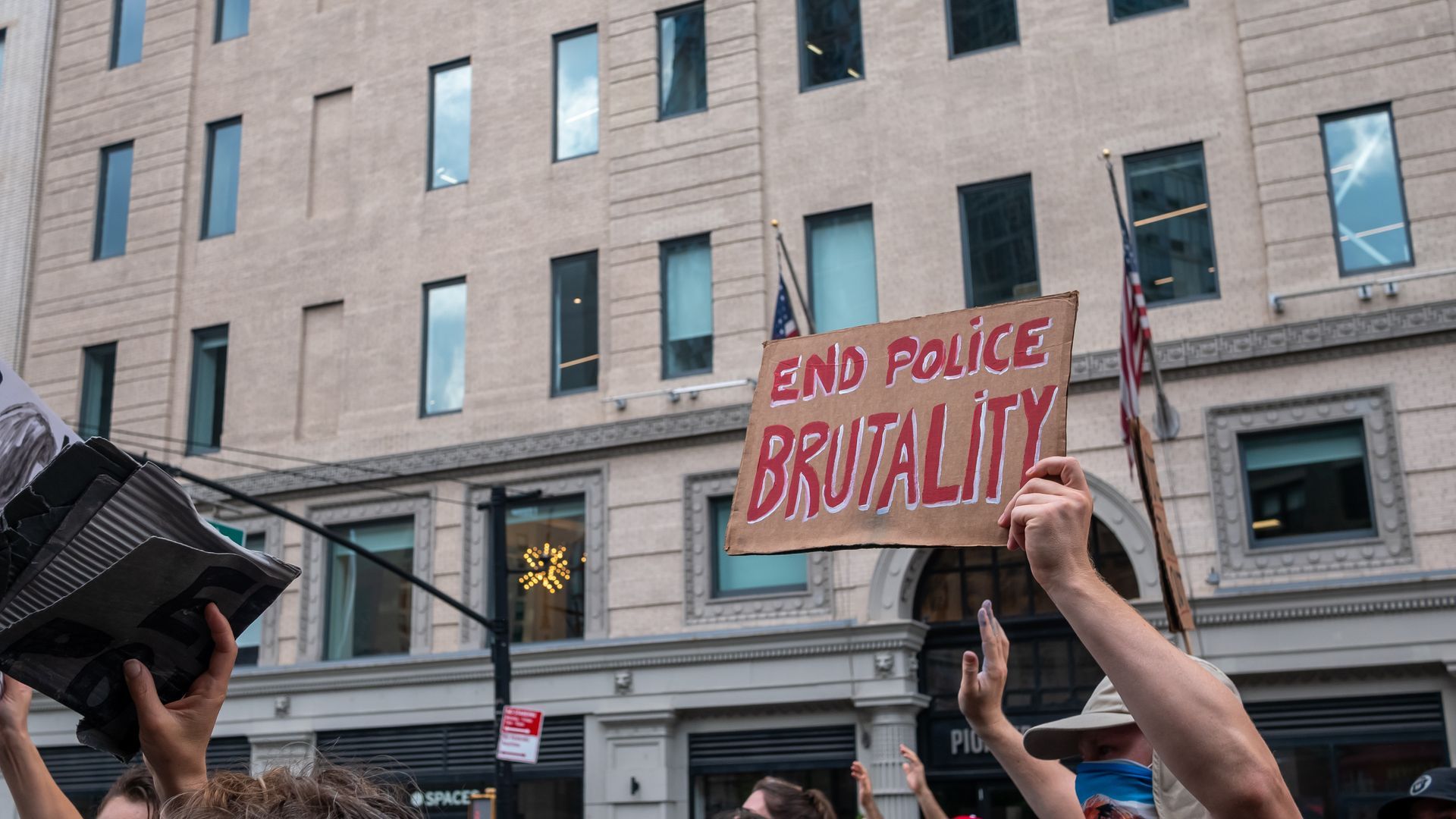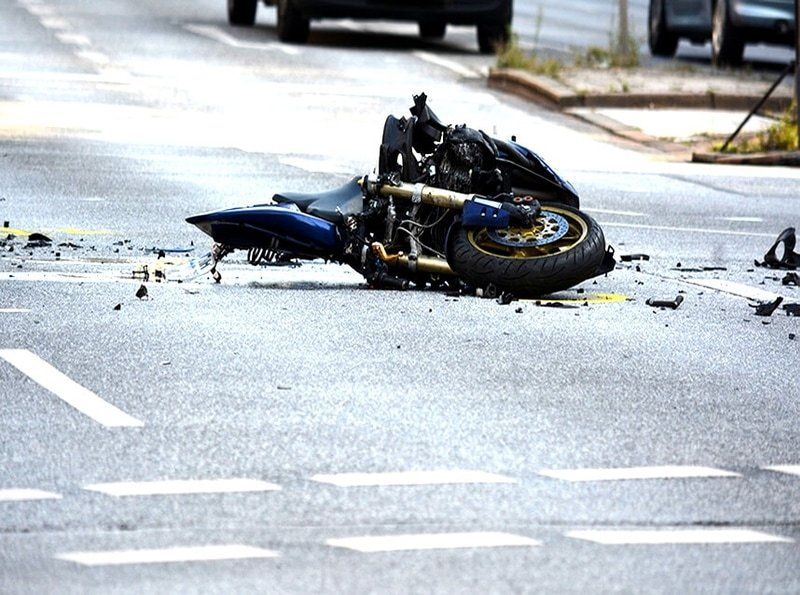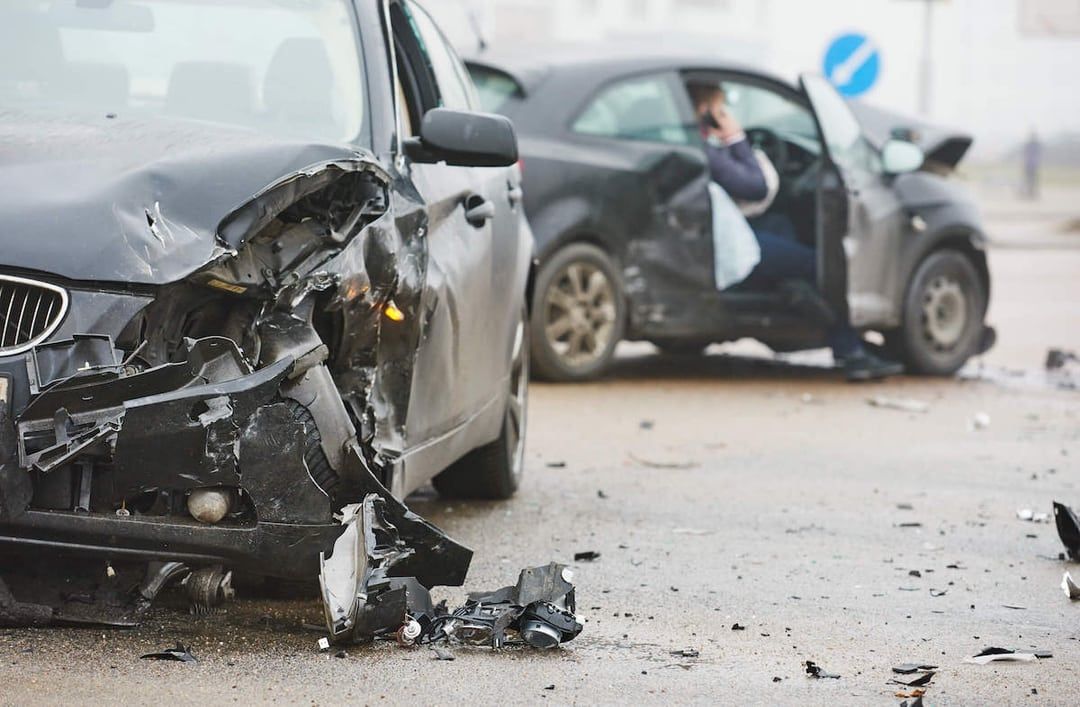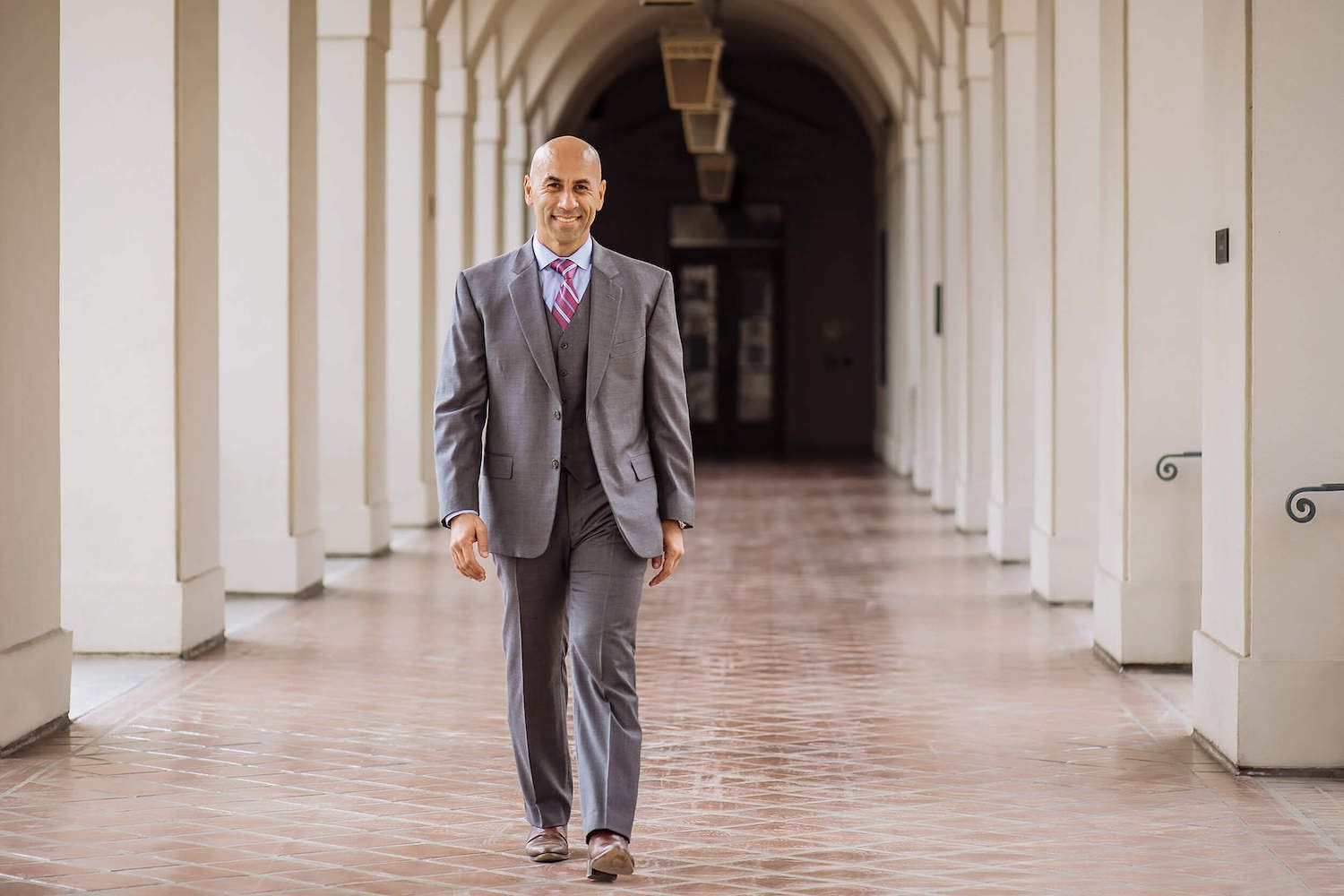Faraj Law's Blog
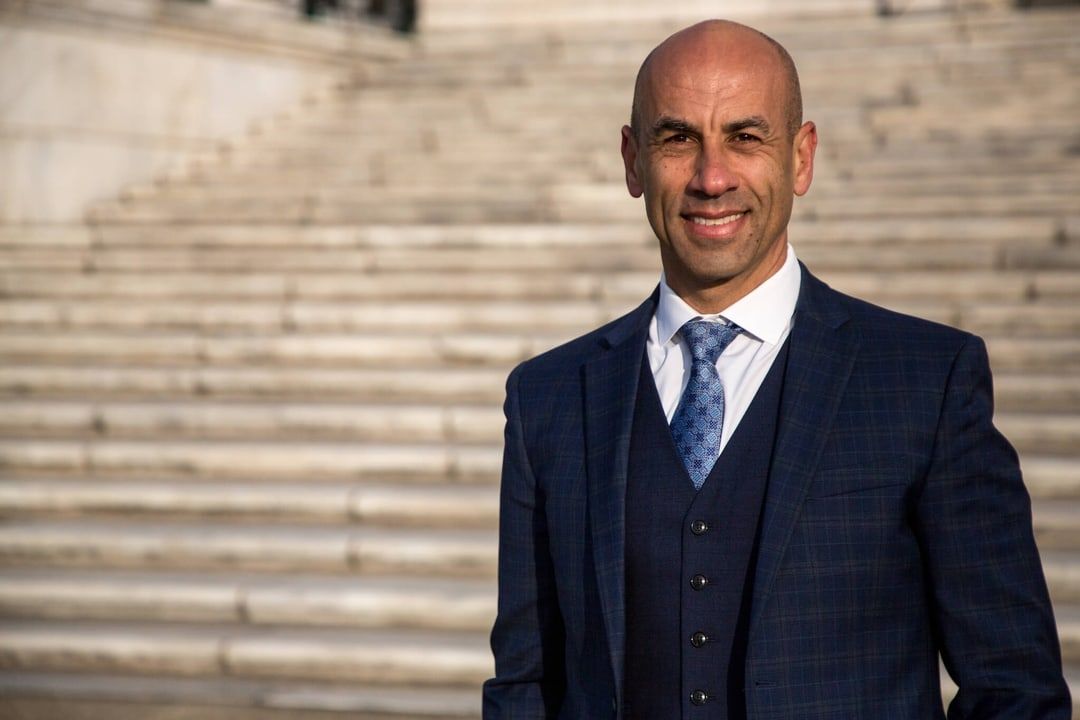
09 Sep, 2022
Mr. Faraj successfully defended a Chicagoland area police officer in Cook County Circuit Court on Friday, September 9, 2016, who was accused of twelve counts, six counts of forgery, three counts of mail fraud and three counts of wire fraud. The accused police officer was found not guilty on four counts of the twelve counts in the indictment. The jury deadlocked on eight other counts. The case was prosecuted by lawyers from the Attorney General's office. The Attorney General will now determine whether to go forward on the counts on which the jury deadlocked.Mr. Haytham Faraj is a renowned trial lawyer with offices in Beverly Hills, California and Chicago, Illinois. He tries both criminal and civil cases. He has achieved extraordinary results in dozens of trials. To consult with Mr. Faraj please call 312-635-0800
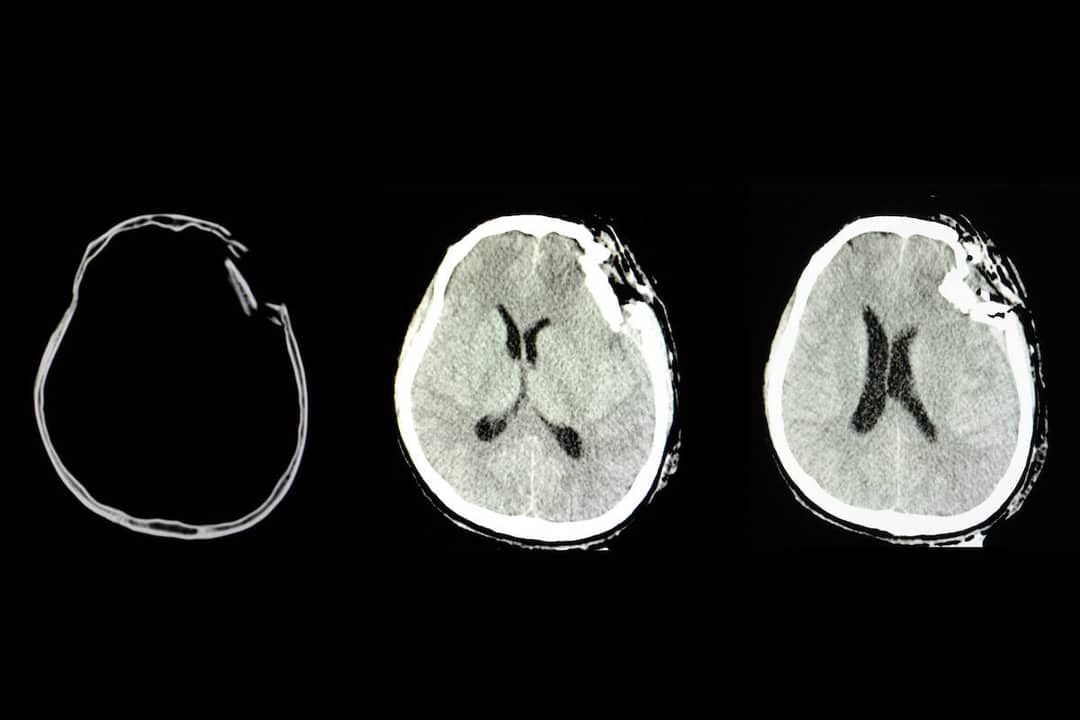
09 Sep, 2022
3 million Dollar Settlement Reached in Personal Injury Lawsuit for TBI The Law Offices of Haytham Faraj along with our co-counsel Law Office of Pajman Jassim and Associates successfully negotiated a settlement for our injured client in the case of Nguyen v. Lowes Home Improvement Centers in San Diego, CA. Mr. Nguyen was injured after he went to purchase a pergola. Mr. Nguyen was told that he had to disassemble the pergola himself. While he was doing so a beam fell on his head resulting in a mild traumatic brain injury. Traumatic brain injury has received wide spread attention after movies like concussion and injuries suffered by veterans has shed light on the often lifelong effects of the injury on cognition, memory, behavior, emotion and brain health.Mr. Jassim, the original lawyer on the case, brought in Haytham Faraj to try the case and to assist in working on the case because of his expertise in Traumatic Brain Injury cases. Haytham Faraj and Mr. Jassim developed a litigation plan and worked up the case jointly until the point when Lowes requested an opportunity to mediate a settlement. At that point Mr. Faraj and famed trial lawyer, and Mr. Faraj's trial partner, Nicholas Rowley developed a plan for mediation which Mr. Rowley executed and settled the case.Haytham Faraj has been brought in by other lawyers to help work-up and try dozens of cases. To consult with Mr. Faraj regarding a case call 312-635-0800.
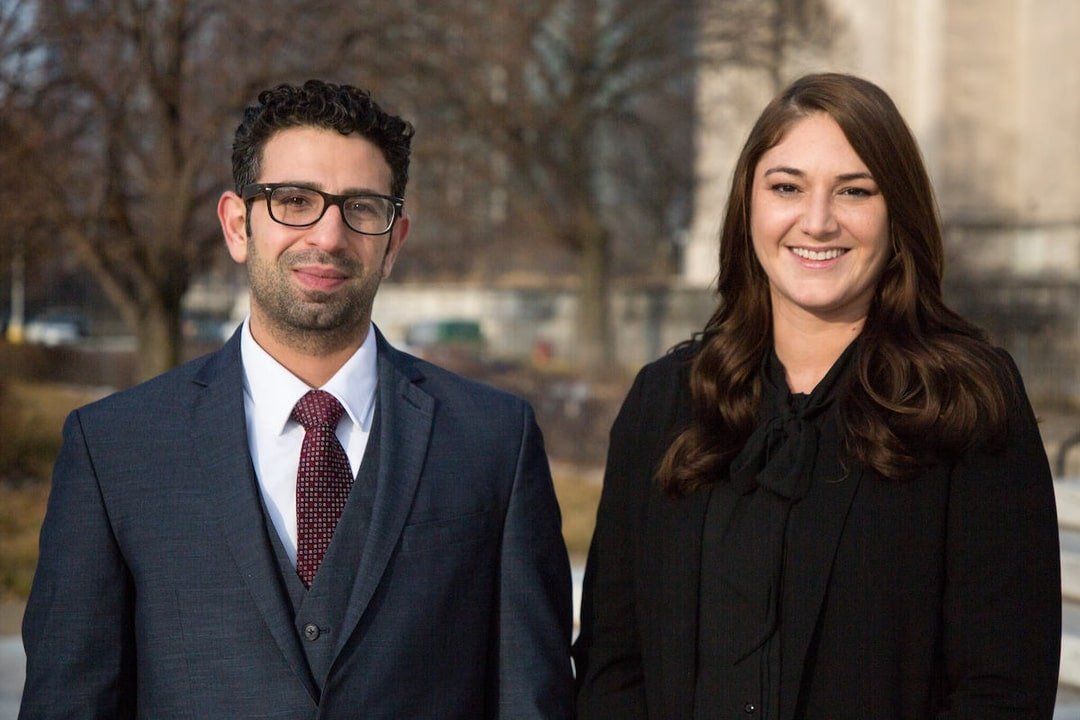
09 Sep, 2022
Early Stages of Discovery in Personal Injury Cases Discovery refers to the process during which the plaintiff and defendant exchange evidence that supports their respective claims and defenses. Discovery in personal injury cases and medical malpractice cases can be especially demanding for plaintiffs who often receive medical treatment from many different providers over the course of months or even years and must provide all relevant records. Discovery commences soon after the Summons & Complaint is served on the defendant and the defendant files an Answer. In order to be ready for the defendant’s initial discovery demands, your attorney will usually instruct you very early on in your case to begin gathering all potential discovery documents associated with your claim. He may also have you fill out HIPAA forms authorizing the release of your records from medical providers who treated you in connection with your injuries. It’s always wise to save any items such as photographs, receipts, invoices, bills, etc. so that you can turn them over to your attorney if and when she requests them. This will expedite the process and keep your case moving. The Most Commonly Used Discovery Tools Discovery in personal injury cases usually takes one of five basic forms: (1) interrogatories, (2) requests for admission, (3) requests for document production, (4) independent medical examinations, and (5) depositions. 1) Interrogatories are written questions that are drafted in advance by counsel and served on an adversary. They are intended to extract information from the adversary regarding their position on specific issues in the case. It’s important to understand that all responses to interrogatories are deemed to be given under oath, with the expectation of truthfulness and accuracy. Most interrogatories will designate a time deadline for the response (i.e. 30 days for example). 2) Requests for admission are exactly what they sound like- they are requests for a party to admit or deny facts about the case. Penalties can be imposed for not answering, not answering truthfully, and answering late. In many situations, a party’s failure to respond or deny can be deemed by the court as an implicit admission. Generally speaking, requests for admission are only used for the purpose of establishing obvious or simple facts in a case. Once an admission is given by a party, it eliminates the need for any further discovery on that particular issue. 3) Requests for document production are also fairly self-explanatory. Simply put, they are demands for documentation that the plaintiff intends to rely on to support his claims. These requests are used extensively by defendants in personal injury and medical malpractice cases to obtain copies of the plaintiff’s medical records (i.e. summaries of surgical procedures, results of diagnostic tests, physical therapy logs, doctor’s notes, etc.). Beyond medical documents, the requests may call for other items, for instance photographs of an accident scene, bills/receipts from automobile repair work, inventory reports, business records, etc. 4) Independent medical examinations (“IME’s”) may also be requested by a defendant in a personal injury case. Typically, the plaintiff will rely on the testimony of one or more medical professionals who will testify in his favor regarding the nature and cause of his injuries. The IME is a response tactic employed by the defense to have its own medical expert review the plaintiff’s medical files and give an “independent” opinion regarding the severity of the injury and/or whether it was causally related to the accident in question. The defendant’s insurance carrier will often require the plaintiff be examined by a doctor of its choosing. 5) Finally, depositions are in-person question & answer sessions involving the attorney for one party and a witness for the other party. The transcript from the session is usually recorded by a court reporter who is present at the deposition table. Depending on the complexity of the case (as well as other factors such as the attorney’s questioning style, the witness’ temperament, language barriers, etc.), depositions may be very short in duration or take several days to complete. Sometimes the attorneys may agree to conduct the depositions of all parties on the same day, while in other situations the sessions may be broken up into parts. Regardless of their particular format, depositions are usually the most important part of the discovery process because of how profoundly they can impact the strength of one’s case. For instance, if a personal injury plaintiff presents herself very well during a deposition and comes across as a strong, convincing witness with legitimate bodily injury claims, opposing counsel may be more inclined to settle rather than proceed to trial. On the other hand, if the deponent’s testimony is riddled with inconsistencies, vagueness, and unclear responses, it may be a sign of a weak case.In addition to parties, expert witnesses are often deposed in personal injury cases. Sometimes their deposition testimony is used instead of live testimony in court. Conclusion of Discovery & Summary Judgment At the end of the discovery process, the defense will evaluate the relative strength/weakness of the claims and defenses that have been asserted by both sides in light of the now-available evidence. The defense may then elect to file a motion for summary judgment, which is a final attempt to convince the judge to dispose of the case based on what has been revealed during discovery. However, if the court determines that the evidence has raised triable questions of fact that can only be resolved by a jury, the judge will deny the defendant's motion and schedule the case for trial. In Summary As tedious and drawn-out as it may end up being in some cases, discovery is a crucial phase in the personal injury litigation timeline. Discovery in personal injury cases may last anywhere from several weeks to over a year, depending on the complexity of the case as well as the court’s own rules concerning discovery deadlines and extensions. As with any other aspect of your case, it’s always best to consult your attorney if you have questions regarding the specifics of the discovery process.If you or a loved one has been seriously injured in an accident, call The Law Offices of Haytham Faraj, PLLC at (800) 809-1581 or (312) 635-0800 to speak with an experienced Chicago personal injury attorney. Your initial consultation is free.

09 Sep, 2022
Do not give up hope just because you have been charged with possession of a controlled substance. There are numerous drug possession defenses. The state must prove beyond a reasonable doubt the substance was a controlled substance and that you had knowledge and possession of the drug. The police must also conduct searches and traffic stops according to the law.The best drug possession defenses are based on the circumstances surrounding the arrest. An arrest can be based on the immediate observations of a police officer or a warrant may be issued. A warrant can be either a search warrant or an arrest warrant. A search warrant is issued to locate evidence of an illegal act or substance. An arrest warrant is issued when the state has presented sufficient evidence to a magistrate to indicate there is probable cause that a person committed a crime. IS IT REALLY A CONTROLLED SUBSTANCE The first drug possession defense is whether the substance the police found is a controlled substance. Typically, the state can meet this burden of proof. However, numerous cases have occurred where a person was arrested for possession of aspirin or other permissible drugs. Moreover, if police send the substance to a laboratory for testing, every step in the process and who possessed the substance must be documented. If the state fails to document the chain of custody, it is possible the evidence can be suppressed. POSSESSION The state must prove the defendant had knowledge and possession of a controlled substance. The degree of this task varies. There are two types of possession, actual and constructive. Actual possession means that a person has immediate possession and control of an illegal substance. Constructive possession means the illegal drug is not in the immediate possession of a person, but the person knows the drug is on his or her property and has the intent to control the drug. ACTUAL POSSESSION If a person has the drug on his or her person, this is actual possession. However, a person arrested when a controlled substance was found in her pockets may have a strong defense. The police have limited authority to search a person absent an arrest. The police are permitted to do a Terry search when they have a reasonable suspicion that a crime has been, or is being committed. A Terry search is a limited search for weapons. Therefore, the police must limit the search to a pat-down of the person’s outer clothing. The police can search no further, unless a weapon is detected. However, if the person was arrested for another crime, the police could conduct a search incidental to an arrest. The police can also do a Terry search of a motor vehicle. A Terry search of a motor vehicle allows the police to search any place in the vehicle to which the passengers have access. If the police are conducting a valid search for weapons, anything they find can be admitted as evidence. The police must have reasonable suspicion for the stop and the Terry search. If the traffic stop and the subsequent search were not based on reasonable suspicion, any evidence found can be suppressed. CONSTRUCTIVE POSSESSION Constructive possession is more difficult for the state to prove. For example, take the case of a student charged with possession when a controlled substance is found in his locker. What appears to be an open and shut case for the state, has problems. If school administrators opened the locker and found the drugs, that proves the student did not have exclusive control of the locker. Not only that, the state must prove the student had knowledge the substance was present, and it was an illegal substance. One can easily image a naïve seventeen-year-old student is asked by a friend to store something in his locker. His friend explains her locker is far down the hall, and she does not have time to get to her locker and make it to class on time. The naïve student discovers the package contained illegal drugs when a drug sniffing dog hits on his locker. Typically, more than one person has access to any given area. Consequently, any person who has access to an area where drugs are stored could be the person who placed the drugs in the area. The state has to prove beyond a reasonable doubt that a particular person or persons had the knowledge and intent to control the illegal drugs. That can be a difficult task. Although every person with access is a suspect, that also means every person with access to the area may have a valid defense. Each person with access can claim, “The drugs are not mine, I do not know who they belong to, but they are not mine and I did not know the drugs were there.” THE SEARCH MUST BE LEGAL Before the police enter a house, stop and search a car, or search a person, they must have a legal reason to do so. Unless emergency circumstances exist or evidence of a crime is in plain sight, the police must have a warrant before they enter a house or an enclosed area that belongs to a private individual. If the police see a shed and notice that lights are always on in the shed, they may think marijuana is present and the glow is from grow lights. However, before they enter the shed, the police must go to a magistrate and get a search warrant. The magistrate must find probable cause that evidence of a crime is present before the search warrant is issued. If the police enter the shed without the warrant, or the warrant is invalid because probable cause was not present, the evidence can be suppressed. DO NOT GIVE UP Haytham Faraj is an experienced criminal law attorney. He does not come to court just to represent you; he comes to win. No attorney can guarantee a win, but Mr. Faraj will fight every step of the way and raise all viable drug possession defenses. Call (800) 809-1581 to schedule a consultation.
Claim What You Deserve
Book A FREE Consultation
About Us
© 2024
Copyright © 2021 The Law Offices of Haytham Faraj. All rights reserved.


